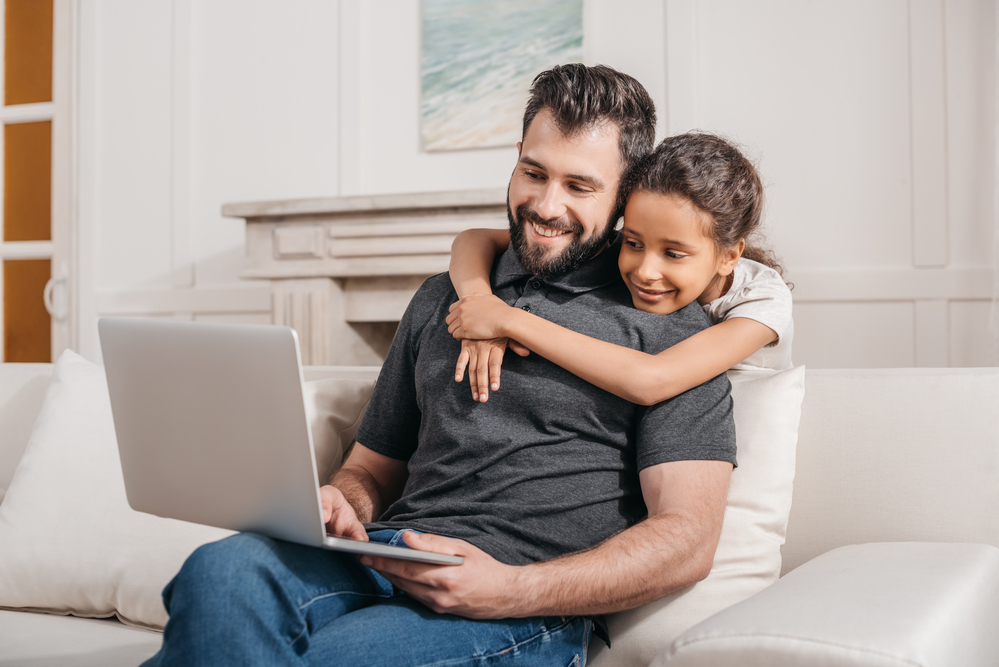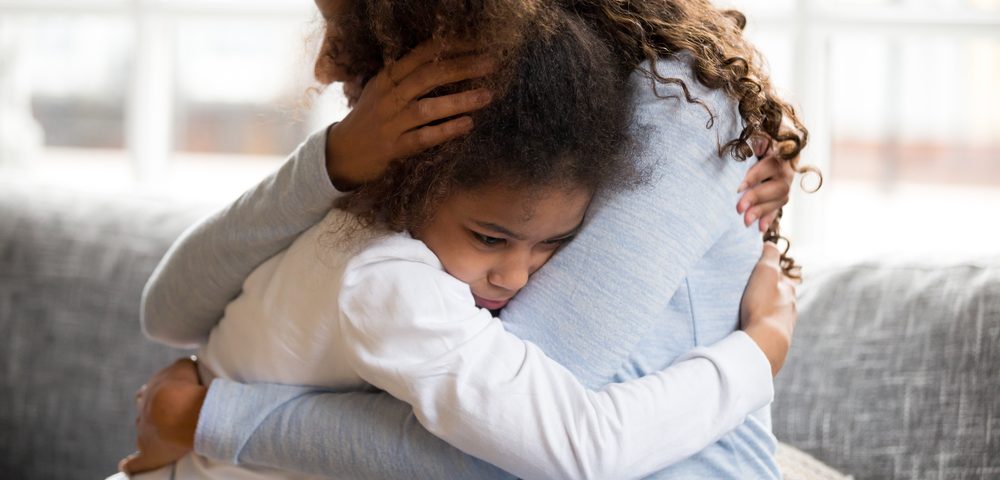
28 Inspirational Quotes For Foster Parents
December 21, 2018
3 Great Blogs For Foster Parents To Follow In The New Year
January 10, 2019Inviting a foster child into your home means opening yourself up to the possibility of a long-term relationship. Not knowing when the foster child may leave means that things could change in a moment’s notice. While you may feel relieved to know your foster child is going back to their home, you may also feel sad to lose a family member you grew to love. Here are a few tips to help you cope when a foster child leaves.
1. Find Support
The first thing is to realize that you and your family are not alone. While it is difficult for most people to understand your situation, other foster parents will know exactly how you feel. Seek a support group online or locally. Find people who are positive and like-minded. It may take a few groups until you find “your people.” Understanding that others have been through this before is the first step in overcoming grief when your foster child moves out.
2. Make Memories Together
When you get the call that your foster child is leaving, plan to do something big to celebrate your time together. Consider spending a day at an amusement park to send them off with great memories. You could also throw them a goodbye party and invite any friends or family they grew close with during their stay. Consider giving them photos of your special day together so that they can hold those memories close forever.
3. Keep In Touch
Depending on your foster child’s case and the state where you reside, you may be able to keep in touch with your foster child once they leave. The biological parents and the situation the child is returning to may factor in whether or not you are able to stay in touch. Reach out to your foster agency and find out your particular foster child’s situation. If you are able to stay in touch, consider giving your foster child your phone number, and calling or texting them now and then to check in and see how they are doing.
4. Practice Self-Care
While it is normal to feel down after a foster child leaves, you must watch yourself for depression. If you find yourself unable to cope with normal day activities, seek your doctor for advice. Make sure you have someone to talk to during this transition time and realize that feelings of grief are normal. Busy yourself with things that you find relaxing, such as taking a walk on the beach or planning a coffee outing with a friend. Self-care is important during this transition time.
Fostering a child in need is a selfless act that requires much patience and hard work. Take some time to reflect on the good you did. If you enjoy being around children and no longer have any at home, consider volunteering at a local school or afterschool activity center. Pat yourself on the back for giving your foster child a safe and loving place to stay while they lived in your home.
Every child needs and deserves to grow up safe and protected from abuse and neglect, and caring foster parents offer children support and stability when they need it most. At Camelot Care Centers, we specialize in higher-level foster care for children and adolescents that need extra support. We partner with our foster parents/homes to provide trauma informed care and additional services, including in-home counseling, parent support and training, tele-psychiatry, and therapeutic mentoring, to maintain children at the least restrictive, yet most appropriate level of care. Camelot Care Centers (“Camelot”) is a Child Welfare Agency licensed by the State of Illinois, a member of the Illinois Collaboration on Youth (ICOY), and is accredited by the Council on Accreditation (COA).




